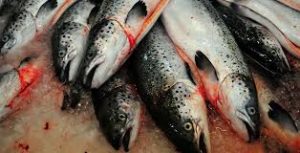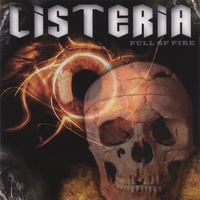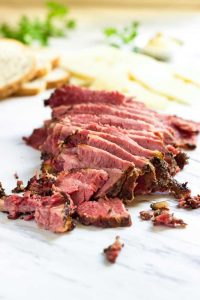The hospital where a cancer patient was killed by a listeria-infected sandwich was warned its fridges were broken and too hot several days before he died, it was revealed in early November..
 Ian Hitchcock, 52, died in June after eating a contaminated meal – a scandal that appears to have claimed the lives of six people in the UK this year.
Ian Hitchcock, 52, died in June after eating a contaminated meal – a scandal that appears to have claimed the lives of six people in the UK this year.
Today it emerged sandwiches at Royal Derby Hospital, where Mr Hitchcock was receiving cancer treatment, were kept in ‘ineffective’ fridges that warmed the food to above 8C – an offence under 2013 food safety laws.
The problem was found by experts inspecting the kitchen on June 4 and 5 where an environmental health officer said the broken fridges were serving food at illegal temperatures.
A report said the food was a particular risk to anyone with a weakened immune system, such as cancer sufferer Mr Hitchcock.
On June 8 he died after eating one of the pre-packed sandwiches.
Ian Hitchcock, 52, died after eating a pre-packaged sandwich while being treated for cancer at the Royal Derby Hospital last week. His death is being linked to an NHS listeria outbreak which has so far claimed five lives +2
Ian Hitchcock, 52, died after eating a pre-packaged sandwich while being treated for cancer at the Royal Derby Hospital last week. His death is being linked to an NHS listeria outbreak which has so far claimed five lives
In a letter, seen by the BBC, food safety inspector Jayne Hassall said ‘high risk foods’ such as sandwiches were ‘stored outside temperature control due to ineffective refrigerators’.












